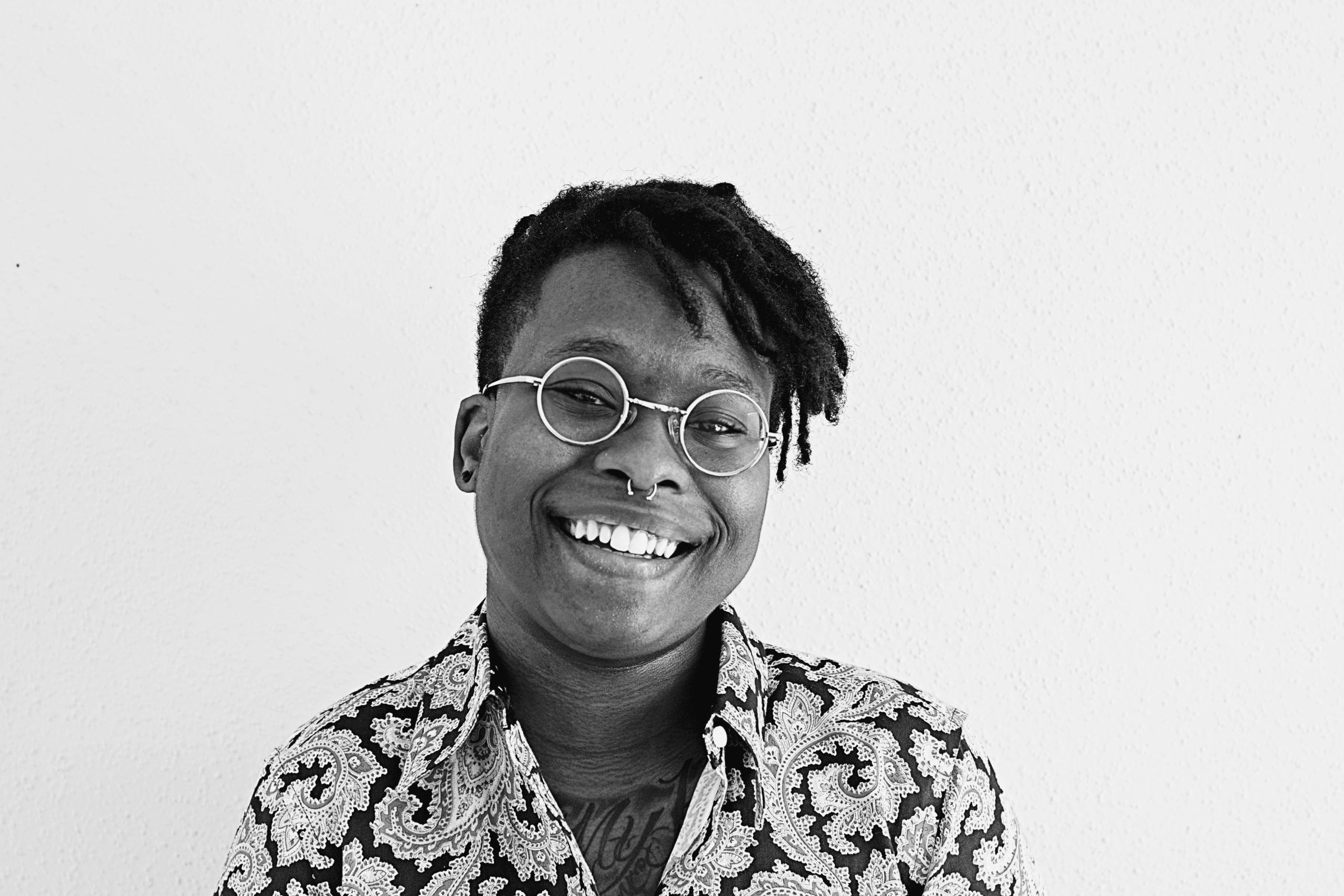Source: Coriolis Publicity
Paperback, 30 pgs.
I am an Amazon Affiliate
Black Under by Ashanti Anderson is a poetry collection that will knock you back. In the opening ode, Anderson illuminates what it means to be Black and how beautiful it is. She equates it with the dark comfort of the womb, she alludes to the segregation of blacks and whites by evoking images of piano keys, but ultimately, her ode praises blackness. There are no monsters under this bed.
Anderson uses several different poetic forms to celebrate blackness, including a resume format that highlights the horrifying violence perpetrated against people because of skin color and the monetizing of those deaths for the sake of art and media. It’s that double-edge sword of calling attention to the unfair and unjust violence against Blacks, while at the same time feeling exploited. American capitalism at the forefront.
from "Slave Ship Haibun" (pg. 11) But she thinks not of how we watched the birds circle overhead, bomb beak-first into the ocean. Each in our own way, we began to imitate. A few of us induced feathers. I plucked a plume, made a quill.
One of the most powerful poems in this collection, “The Body Recalls,” crescendos on the 3/5ths compromise where slaves were considered 3/5ths of a person for population counts related to taxation and representation in the House. Anderson makes readers aware of how each violent death of a Black person compounds the historic wrongs of America.
"Acrostic for My Last Breaths" (pg. 15) If I’m ever out of oxygen Cut the comms. Switch the radio, play A song by Whitney or Aretha, something No sense can pause my throat from parting for. ’Gon throw my sorrows into this vast, black void That don’t even have space to hold tune, or blues, But I don’t sing to be heard. I do it to keep on. Ring diaphragm and rattle lung like sickness, each Eighth-note a reason to stay living. Can’t take A rest, might hear the sensor’s whining, That worried, heaving falsetto of siren. How I hate the sound of dying. Rather riff Even if everything in me stops screaming.
Black Under by Ashanti Anderson explores what it means to be Black in America and the world, but it also looks to acknowledge and tackle the inter-generational trauma of Blacks in a way that is a searing commentary on our society as well as a celebration of resilience.
RATING: Cinquain

Ashanti Anderson (she/her) is a Black Queer Disabled poet, screenwriter, and playwright. Her debut short poetry collection, Black Under, is the winner of the Spring 2020 Black River Chapbook Competition at Black Lawrence Press. Her poems have appeared in World Literature Today, POETRY magazine, and elsewhere in print and on the web. Learn more about Ashanti’s previous & latest shenanigans at ashanticreates.com







